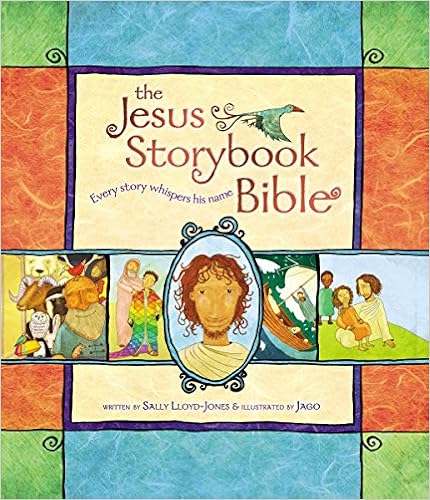For the love of money is a root of all kinds of evils. It is through this craving that some have wandered away from the faith and pierced themselves with many pangs. (1Timothy 6:10 ESV)This text tells us that all types of evil are rooted in the love of money. One might relate this to the Marxist claim that man is essentially an economic being, yet I think it goes deeper than this. While economics plays a major part in motivating human behavior it cannot be the ultimate motivation. Rather, man is essentially a worshiping being. God created human beings to bring him glory. Money comes into the picture because, as fallen mankind is apt to do, we create an idol out of it. We worship the security and the pleasures that money can bring. As I thought about this reality, I wanted to see how the 10 Commandments fit into this equation. The 10 Commandments are a summary of the moral law, so if the love of money is the root of all evils, then we can expect that it may motivate the violation of each of the commandments.
1. You shall have no other gods before me.According to Jesus, the whole law is summed up in the commands to love God with all your heart and to love your neighbor as yourself. Yet, as sinful human creatures we fall short. We do not love God as we ought to love him. When we find our security, our comfort, or our meaning in something other than him we have committed idolatry. We are worshiping something other than the one true God. Money is easily worshiped. You don't have to bow down or have religious ceremonies to worship money. You just have to treasure it more than Jesus.
2. You shall not make for yourselves any graven image.Initially, this commandment seems more difficult to tie to the love of money. Yet Jesus asked whose image was on a coin in his day. It would be wrong to claim that the minting of coins violates this command; however, when our devotion is to money, our hearts care more for the image on a coin than the image of God in our fellow man.
3. You shall not take the name of the LORD your God in vain.If we say we worship God, yet we really only treasure the gifts that He gives. If we value His gifts above Him, then we take his name in vain. Taking God's name in vain is more than just using it as a curse word, it is using God's name emptily. To claim to worship Him when He is not our highest treasure is to violate this command.
4. Remember the Sabbath Day, to keep it holy.How often do we let our service of money stand in the way of our observance of rest and worship? The principle of the Sabbath is not easily transferred to New Testament believers. Not everyone understands the application of this command for today in the same way. However, at the very least we can say that when we allow the constant pressures to work stand in the way of making time for rest and worship we have allowed money to be our God.
5. Honor your father and mother.Jesus connects this command to money when he confronts the religious teachers about holding their traditions above God's word. To honor one's father and mother means to care for their needs and to provide for them in their old age when necessary. The love of money might keep some from fulfilling this duty.
6. You shall not murder.The love of money might motivate some to kill for it.
7. You shall not commit adultery.One might not easily connect the love of money and the sin of adultery; however, when one considers that the from 2001 to 2007 the pornography industry in the US alone went from a $1 billion a year industry to a $3 billion industry, it is easier to see the connection. Young women who were created in the image of God, to worship him, and to bring him glory, are selling their bodies for the sake of the love of money.
8. You shall not steal.This may be the easiest to relate to the love of money. People will take what does not belong to them because they love money more than they care about another human being created in God's image.
9. You shall not bear false witness.It is often the idol of security that may cause someone to lie for the sake of personal gain or protection from material loss.
10. You shall not covet.Coveting = Loving money (or material things) more than God or neighbor.
There are some of the commandments that are easier than others to relate to the love of money. I am sure that there are many aspects that I left out. I merely tried to show that there was some kind of connection to each of the commandments. Beware of the love of money. It is an internal enemy that is capable of pulling us into a pit in which we will be impaled upon many sorrows.



